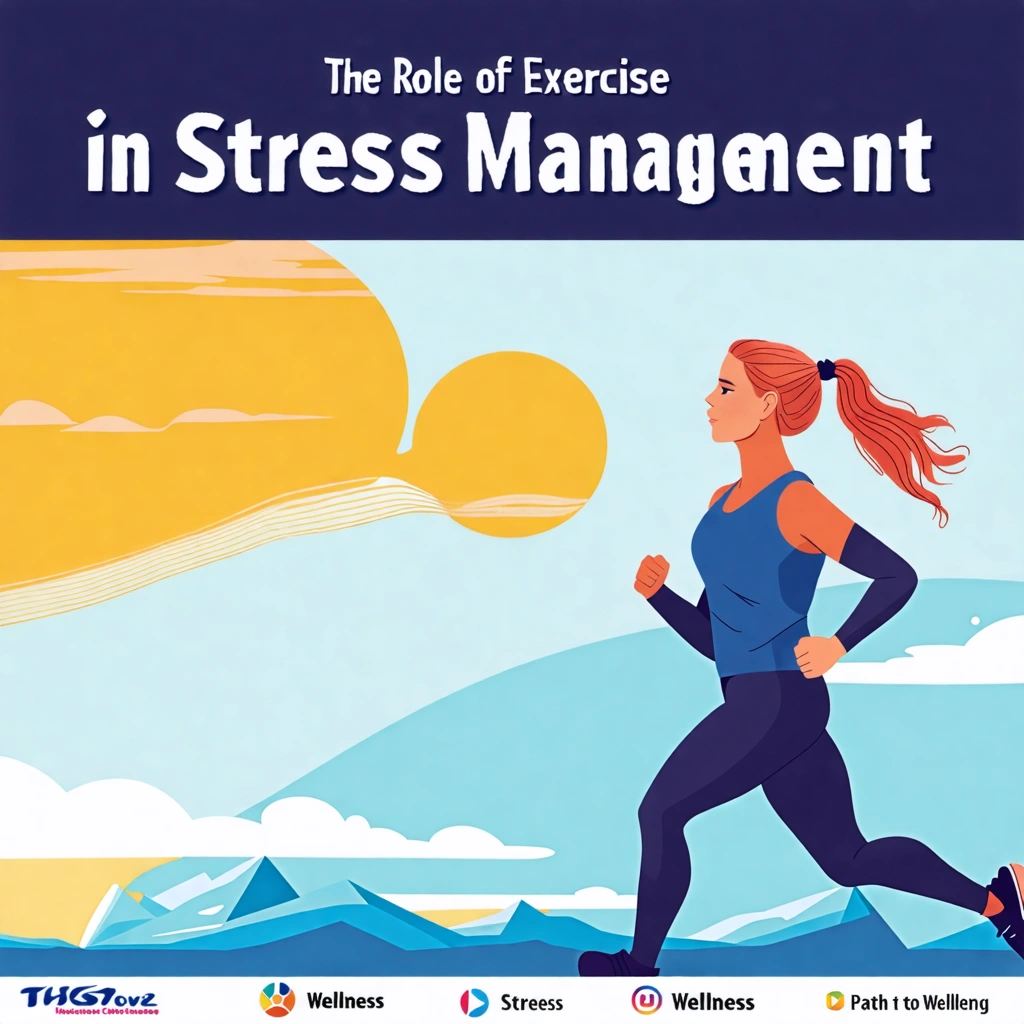
The Role of Exercise in Stress Management: A Path to Wellness
Takeaways: Exercise is an effective stress management tool that can enhance mental well-being, increase resilience against stressors, and improve overall health. By incorporating regular physical activity into your routine, you can significantly lower stress levels and boost your mood.
Stress is an inevitable part of life, but how we manage it can make all the difference. Exercise emerges as one of the most effective strategies for stress management. Not only does it improve physical health, but it also has profound impacts on mental well-being. This article delves into the role of exercise in stress management, highlighting its benefits and providing practical ways to integrate it into your life.
The Connection Between Exercise and Stress Relief

One of the primary ways exercise helps alleviate stress is by releasing endorphins, the body’s natural mood lifters. These chemicals are produced during physical activity and can lead to what is commonly referred to as a ‘runner’s high.’ This euphoric feeling can counteract stress, making challenges feel more manageable.
Moreover, regular exercise helps improve sleep quality, which is often negatively affected by stress. Better sleep leads to improved mood and cognitive function, creating a positive feedback loop that enhances overall resilience against stressors.
Types of Exercise Beneficial for Stress Management

- Aerobic Exercise: Activities like running, swimming, cycling, and dancing increase heart rate and promote the release of endorphins. Aim for at least 150 minutes of moderate aerobic activity each week.
- Yoga: Combining physical postures, breathing exercises, and meditation, yoga promotes relaxation and mindfulness, making it an excellent choice for stress management.
- Strength Training: Lifting weights or doing resistance exercises can improve self-esteem and body image, which can be beneficial in managing stress.
- Outdoor Activities: Engaging in exercises in nature, such as hiking or walking in a park, can enhance mood and reduce feelings of stress. The combination of physical activity and nature exposure is particularly powerful.
Incorporating Exercise into Your Routine

- Set Realistic Goals: Start with small, achievable goals. Whether it’s a 10-minute walk or a quick yoga session, gradually increase the duration and intensity of your workouts.
- Find Activities You Enjoy: Choose exercises that you look forward to. This could be dance classes, group sports, or outdoor adventures. Enjoyment will keep you motivated.
- Schedule Your Workouts: Treat your exercise sessions like important appointments. Block out time in your calendar to ensure you prioritize physical activity.
- Utilize Online Resources: There are many online platforms offering workouts and classes that can be done at home. This flexibility can help you stay active regardless of your schedule.
- Connect with Others: Exercising with friends or joining a fitness group can provide accountability and make workouts more enjoyable.
Conclusion
Exercise is a powerful ally in the battle against stress. By incorporating regular physical activity into your daily routine, you can significantly improve your mental health and well-being. The benefits of exercise extend beyond physical fitness; they encompass emotional resilience and a greater ability to cope with life’s challenges. Whether you prefer aerobic workouts, yoga, or simply taking a walk outdoors, find the activities that resonate with you and make them a regular part of your life. Your body and mind will thank you.




